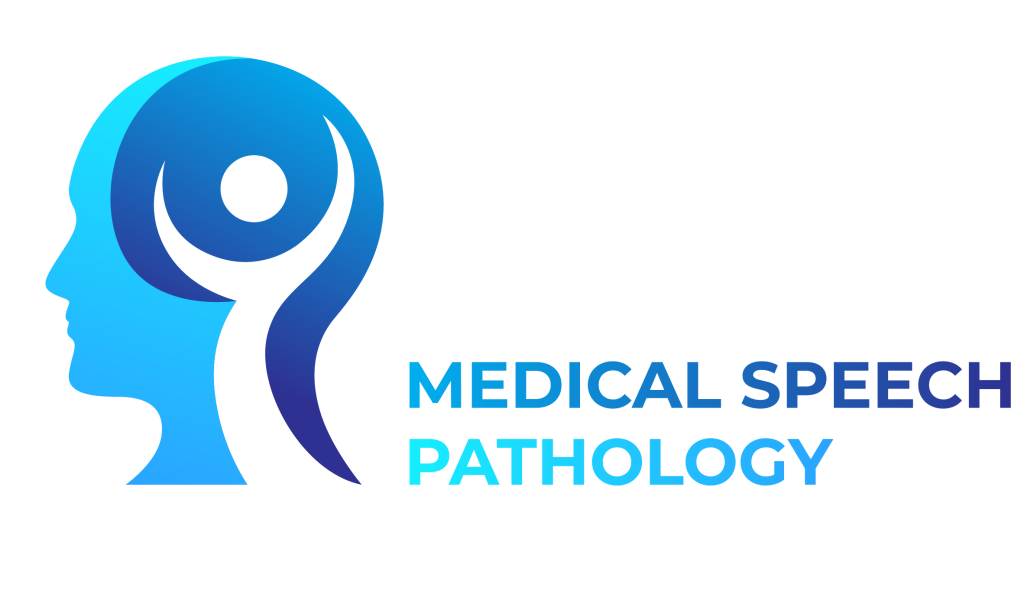Understanding the connection:
Hip surgery, whether it involves procedures like open reduction internal fixation (ORIF) or total hip replacement (THR), can impact swallowing function through various mechanisms including:
Effects of sedation:
Elderly patients undergoing hip surgery require sedation or anaesthesia to facilitate the procedure and manage perioperative discomfort. While sedation is generally safe, it can have implications for swallowing function, especially in vulnerable populations. Sedative medications, such as benzodiazepines and opioids, can depress central nervous system activity, including the swallowing reflex. This suppression of reflexive responses may result in delayed or compromised swallowing function, increasing the risk of developing swallowing difficulties postoperatively.
Medical complexity and immune response:
Elderly people who require hip surgery (often after a fall) may have multiple comorbid medical conditions, and/or have a poor functional reserve, with the surgery adding ‘insult to injury.’ Advanced age, generalised weakness/deconditioning, taking multiple medications and an impaired immune system can all affect the body’s ability to function as it normally does, including swallowing.
Delirium:
Delirium, a common complication following hip surgery in elderly patients, can also play a role in the development or exacerbation of acute dysphagia. Delirium is characterized by acute changes in cognition, attention, and consciousness, often accompanied by disturbances in perception and behavior. This can lead to disorientation, affecting patients’ ability to understand and follow instructions, maintain alertness during meals, and coordinate voluntary swallowing movements effectively.
Impact on positioning and mobility:
Reduced mobility, muscle weakness and positional limitations may compromise oral nutrition and hydration. Changes in body positioning, such as prolonged supine or semi-recumbent positions, can exacerbate challenges during swallowing, and make it harder for patients to eat as they normally would.

Common Challenges Faced:
The impact of these challenges can range from mild discomfort to more pronounced symptoms of dysphagia. Some common issues include:
- Reduced oral intake due to pain, weakness, or discomfort during swallowing.
- Impaired coordination and timing of swallowing movements.
- Increased risk of aspiration, particularly during the immediate postoperative period.
- Difficulty managing various food consistencies and liquids, leading to dietary modifications and restrictions.
- Malnutrition and dehydration.
- Further deconditioning of the swallowing muscles due to reduced oral intake
Addressing swallowing challenges:
There are steps that can be taken to proactively address swallowing issues in patients undergoing hip surgery to optimize recovery outcomes and mitigate potential complications. Some of these include:
- Preoperative screening: Asking about swallowing function prior to surgery can establish baseline function and identify individuals at higher risk of postoperative dysphagia.
- Postoperative screening: In many hospitals, screening procedures exist to identify those patients who are at higher risk of developing dysphagia after hip surgery. A Speech Pathologist can then conduct an assessment and determine if ongoing management is required.
- Education: Educating patients and their families about potential swallowing challenges associated with hip surgery can help inform them about possible risks.
- Collaborative care: Interdisciplinary collaboration between orthopedic surgeons, Speech Pathologists, nurses and other healthcare providers ensures comprehensive management of patients’ needs.
- Dietary Modifications: Adjusting food consistencies temporarily may can make them easier to manage, although this must be balanced against the risks of altering diet/fluid textures and the impact this can have on oral intake.




